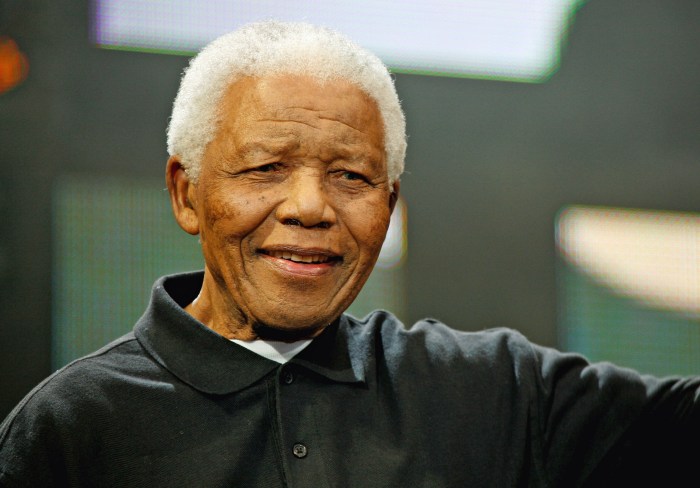Randolph Marks has lived a life many immigrants can relate to—a journey marked by challenges, hard work, and eventual success. Now, with two published books under his belt and a third in the works, he is sharing his story and shining a light on important societal issues.
His books, “A Thin Line Between Dreams and Nightmare” and “From the Other Side,” offer personal reflections and a call for change, particularly regarding how society handles young people in crisis.
Marks’ first book, “A Thin Line Between Dreams and Nightmare,” is an autobiography that draws inspiration from Trevor Noah’s “Born a Crime.” He recalls how reading Noah’s book in college opened his eyes to the similarities in their experiences growing up in challenging environments, including his early life in Guyana. “That was the first book I ever read from start to finish…it inspired me to go on and write my book,” he added.
In his autobiography, he chronicles his journey from a 15-year-old immigrant in the U.S. to becoming a homeowner at 21 while reflecting on the struggles of growing up in a low-income household.
However, his second book, “From the Other Side,” delves deeper into issues affecting today’s youth, particularly those in the juvenile justice system. Having worked at a juvenile detention center before becoming a law enforcement officer, Marks witnessed firsthand the struggles of juveniles with mental health issues. “I’ve seen juveniles at the age of 10, 12, even a 9-year-old girl in the detention center for a crime, and it’s unfortunate,” he said.
These experiences left a lasting impact on him and inspired his fictional character in the book, “Charlie,” who embodies the struggles of many young people he encountered presently.
In “From the Other Side,” he advocates for more mental health resources and rehabilitation facilities for juveniles instead of simply locking them up in detention centers. “Putting kids in juvenile detention does more damage…they don’t need to be in jail; they need help,” he said.
He emphasizes the need for specialized facilities in every town or county where mental health professionals can work with troubled youths and give them the second chances they deserve. He argues that the current system, which often leads to young people being transferred from juvenile detention to adult prisons once they turn 18, is failing these kids.
As a father and a mentor to many young people, he is passionate about steering the next generation in a better direction. “You got to stay focused. You have to honor your parents. When you do, doors will open for you,” he said, offering advice to youth. His message is clear: education and respect for family are essential, but staying out of trouble is just as crucial. “There’s trouble everywhere you look, but you must avoid it and stay humble.”
As he balances work, his family, mentoring youths, and writing his third book, Marks remains committed to spreading this message and inspiring change. His personal story is one of resilience, but his mission is much more significant—changing how society treats its most vulnerable youth.
Marks’ books are more than just stories; they call for reform and remind us that every child deserves a second chance, regardless of background or struggles.
Interested persons can purchase his book on Amazon or at Barnes & Noble.



























